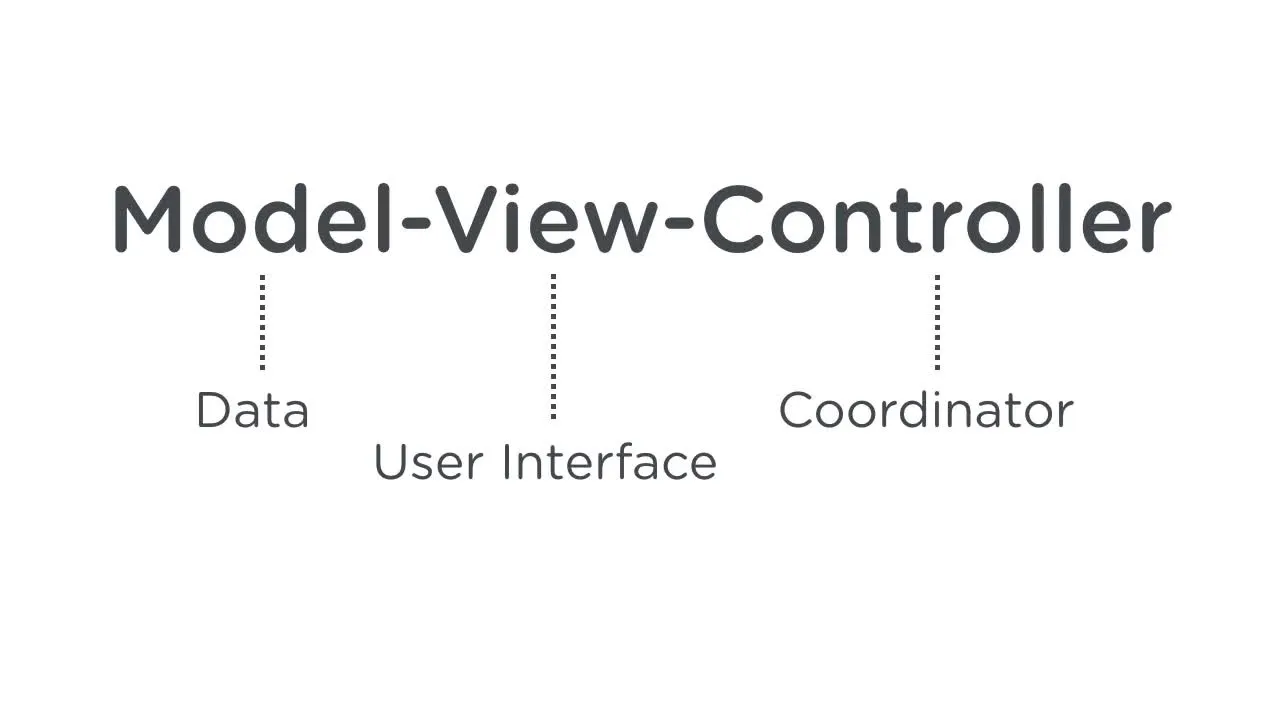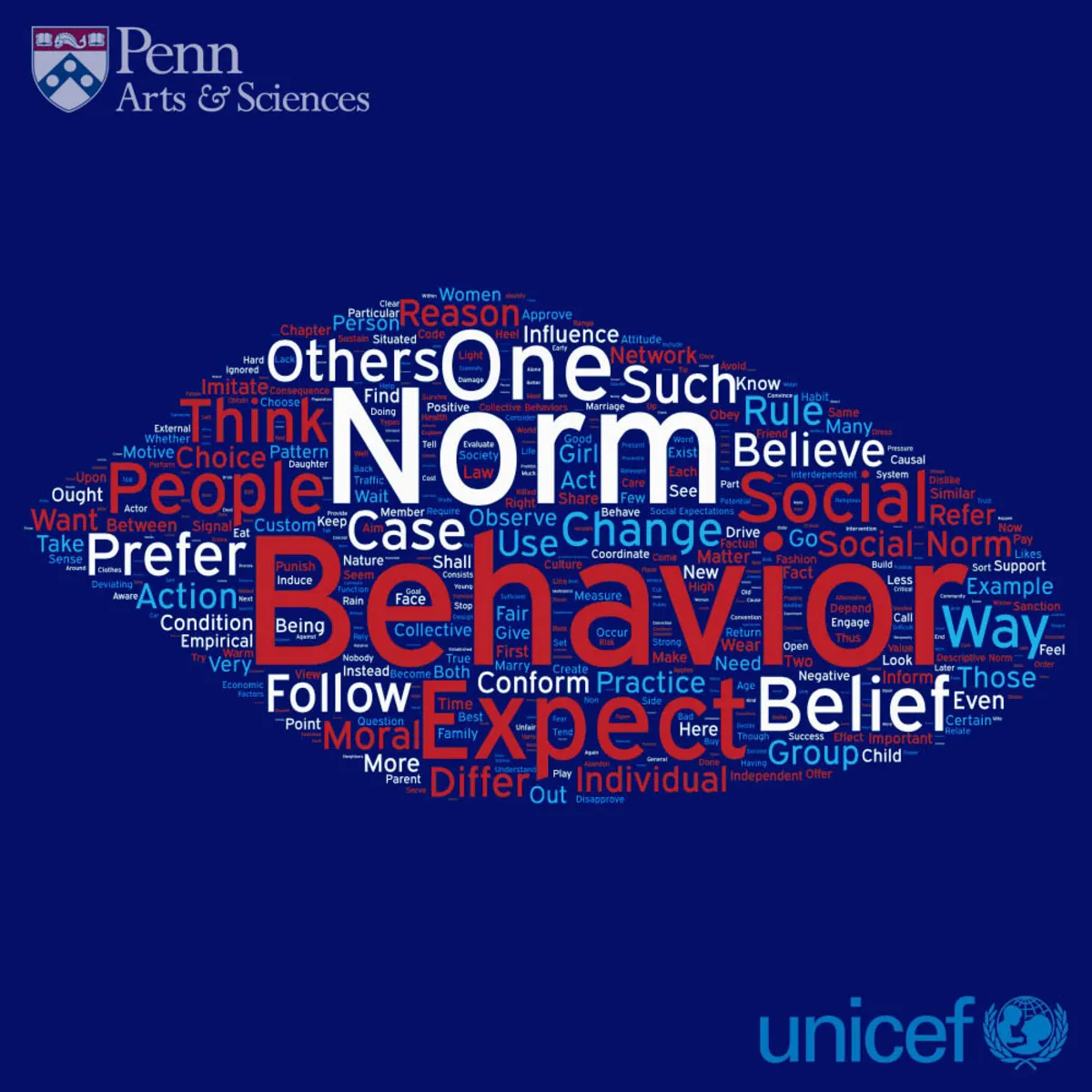
Develop Conceptual Thinking for Problem-Solving 
By utilizing critical thinking and the conceptual thinking framework, individuals can effectively approach problems and communicate their solutions. This approach encourages problem-solving skills and encourages creative solutions. ▼
ADVERTISEMENT
Course Feature
![]() Cost:
Cost:
Paid
![]() Provider:
Provider:
Futurelearn
![]() Certificate:
Certificate:
No Information
![]() Language:
Language:
English
Course Overview
❗The content presented here is sourced directly from Futurelearn platform. For comprehensive course details, including enrollment information, simply click on the 'Go to class' link on our website.
Updated in [March 06th, 2023]
This course, Develop Conceptual Thinking for Problem-Solving, is designed to help learners develop the skills necessary to solve complex problems. Participants will learn about the conceptual thinking framework and how to apply it to problems, as well as how to communicate their analysis in order to problem-solve efficiently and effectively.
The course will be taught by some of the most brilliant minds in conceptual thinking. Learners will be guided through strategies for taking a clear look at the problem space, then assembling a team with the right mix of talents to think creatively and reach consensus.
Participants will investigate various critical thinking strategies, such as how to think deeply, consider all stakeholders, see the problem from different perspectives, assess potential risks, and connect unlikely dots for inspiration.
The course will also focus on improving communication skills in order to gain support for solutions. Learners will learn how to turn their idea into a reality by honing their communication skills and gaining the support of other stakeholders and decision-makers.
At the end of the course, participants will have a better understanding of the conceptual thinking framework and how to apply it to problem-solving. They will also have improved their communication skills and be better equipped to gain support for their solutions.
[Applications]
After completing this course, participants will be able to apply the conceptual thinking framework to problem-solving situations. They will be able to approach and define problems, investigate various critical thinking strategies, think deeply, consider all stakeholders, assess potential risks, and connect unlikely dots for inspiration. Additionally, they will be able to improve their communication skills to gain support for their solutions.
[Career Paths]
1. Business Analyst: Business Analysts are responsible for analyzing data and developing strategies to improve business operations. They use their knowledge of business processes and data analysis to identify areas of improvement and develop solutions. They must be able to communicate their findings and recommendations to stakeholders and decision-makers. Developing trends in this field include the use of artificial intelligence and machine learning to automate data analysis and improve decision-making.
2. Data Scientist: Data Scientists are responsible for collecting, analyzing, and interpreting large amounts of data. They use their knowledge of statistics, mathematics, and computer science to develop models and algorithms that can be used to make predictions and uncover insights. Developing trends in this field include the use of natural language processing and deep learning to uncover patterns in unstructured data.
3. UX Designer: UX Designers are responsible for creating user-friendly experiences for digital products. They use their knowledge of user research, design principles, and usability testing to create intuitive and engaging experiences. Developing trends in this field include the use of virtual and augmented reality to create immersive experiences.
4. Product Manager: Product Managers are responsible for managing the development and launch of products. They use their knowledge of product strategy, market research, and customer feedback to develop products that meet customer needs. Developing trends in this field include the use of agile methodology and user-centered design to create products that are customer-focused.
[Education Paths]
1. Bachelor of Science in Business Administration: This degree program focuses on the fundamentals of business, such as accounting, finance, economics, and marketing. It also covers topics such as organizational behavior, business law, and strategic management. This degree is ideal for those looking to develop their problem-solving skills and gain a better understanding of the business world. Developing trends in this field include the use of technology to streamline processes, the emergence of new markets, and the need for more sustainable business practices.
2. Master of Science in Management: This degree program focuses on the development of managerial skills and the ability to lead teams. It covers topics such as organizational behavior, strategic management, and decision-making. This degree is ideal for those looking to develop their problem-solving skills and gain a better understanding of the business world. Developing trends in this field include the use of technology to streamline processes, the emergence of new markets, and the need for more sustainable business practices.
3. Master of Science in Data Science: This degree program focuses on the development of data-driven problem-solving skills. It covers topics such as data mining, machine learning, and predictive analytics. This degree is ideal for those looking to develop their problem-solving skills and gain a better understanding of the data-driven world. Developing trends in this field include the use of artificial intelligence to automate processes, the emergence of new data sources, and the need for more efficient data analysis.
4. Doctor of Philosophy in Business Administration: This degree program focuses on the development of advanced problem-solving skills. It covers topics such as organizational behavior, strategic management, and decision-making. This degree is ideal for those looking to develop their problem-solving skills and gain a better understanding of the business world. Developing trends in this field include the use of technology to streamline processes, the emergence of new markets, and the need for more sustainable business practices.
Course Syllabus
Approaching
Defining
Thinking
Communication
Course Provider

Provider Futurelearn's Stats at AZClass
Discussion and Reviews
0.0 (Based on 0 reviews)
Explore Similar Online Courses

Templating with Twig Course

Learn Microsoft Excel Charts (Basic to Advanced)

Python for Informatics: Exploring Information

Social Network Analysis

Introduction to Systematic Review and Meta-Analysis

The Analytics Edge

DCO042 - Python For Informatics

Causal Diagrams: Draw Your Assumptions Before Your Conclusions

Whole genome sequencing of bacterial genomes - tools and applications

A Life of Happiness and Fulfillment

Social Norms Social Change II

Introduction to Self-Determination Theory: An approach to motivation development and wellness
 Related Categories
Related Categories
Quiz
 Submitted Sucessfully
Submitted Sucessfully
1. What is the main focus of this course?
2. What will you learn about in this course?
3. What will you learn to do in this course?


Start your review of Develop Conceptual Thinking for Problem-Solving